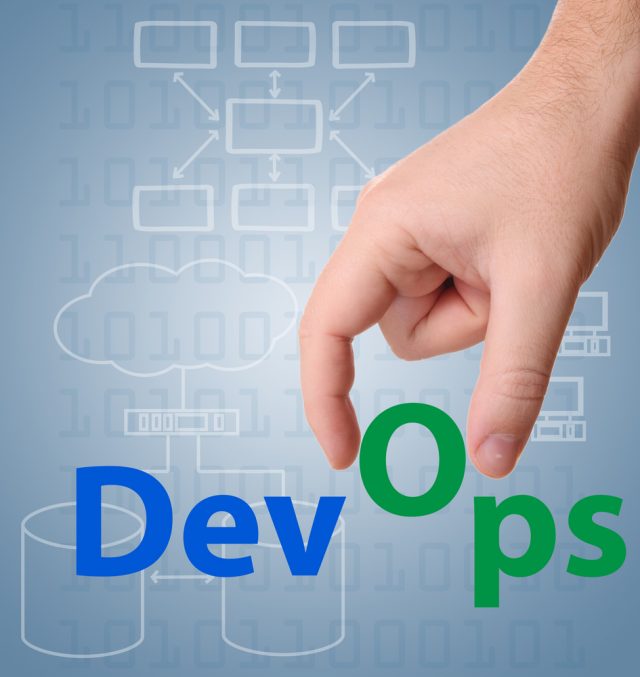Enterprises lack strategy for DevOps automation

Investments in DevOps automation are delivering significant benefits, including a 61 percent improvement in software quality, a 57 percent reduction in deployment failures, and a 55 percent decrease in IT costs.
However, a new survey from Dynatrace shows that just 38 percent of organizations have a clearly defined DevOps automation strategy.
"As more organizations embrace cloud-native software delivery, DevOps automation has evolved to become a strategic imperative," says Bernd Greifeneder, chief technology officer at Dynatrace. "The prevalence of Kubernetes architectures and technology stacks that have surpassed human ability to manage is driving the need for automated ecosystem orchestration. Organizations are attempting to meet this need by building and managing automation scripts using a growing array of open source tooling, bolted together with DIY approaches and manual effort. However, the cracks are starting to show in this fragmented approach. Teams are entrenched in data silos, isolated pockets of automation, and reactive and manually intensive operations. They urgently need a unified, AI-backed approach to DevOps automation, or it will be impossible to accelerate innovation while maintaining software quality and security."
Among other findings of the report are that 71 percent of organizations use observability data and insights to drive automation decisions and improvements in DevOps workflows. But 85 percent of organizations face challenges in using this data.
The top three challenges facing organizations include inaccessible data (51 percent), siloed data (43 percent), and the need for data to flow through many systems to be analyzed (41 percent). 54 percent of organizations are investing in platforms to enable easier integration of tools and collaboration between teams involved in automation projects.
The study also shows 59 percent of organizations expect large language models (LLMs) such as ChatGPT and Bard to have a significant impact on their DevOps automation capabilities, with the top three benefits including increased productivity and reduced manual effort (57 percent), improved development, security, and operations collaboration (56 percent), and enabling teams to generate code automatically (48 percent).
The full report is available from the Dynatrace site.
Image credit: tkemot / depositphotos.com
